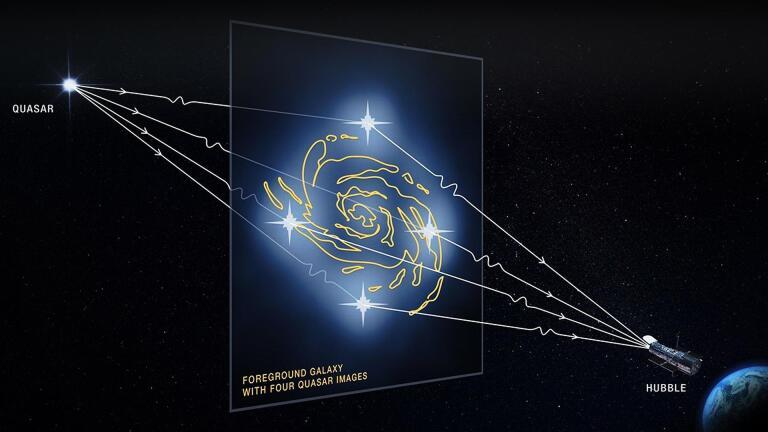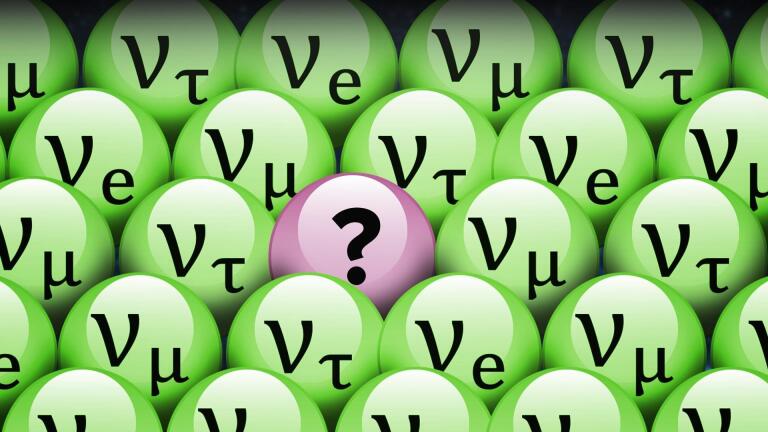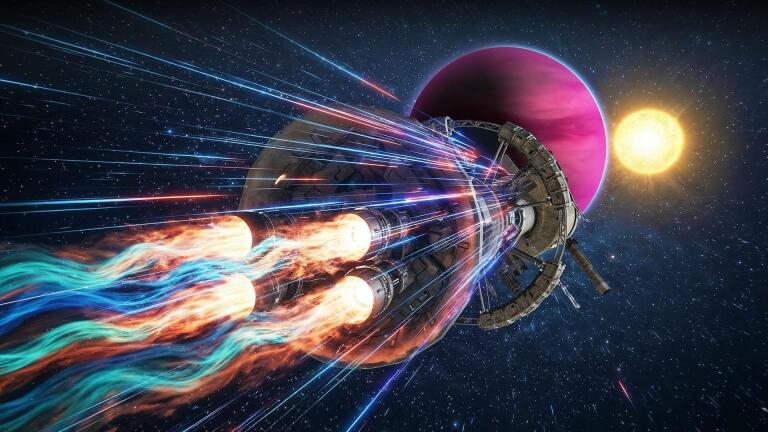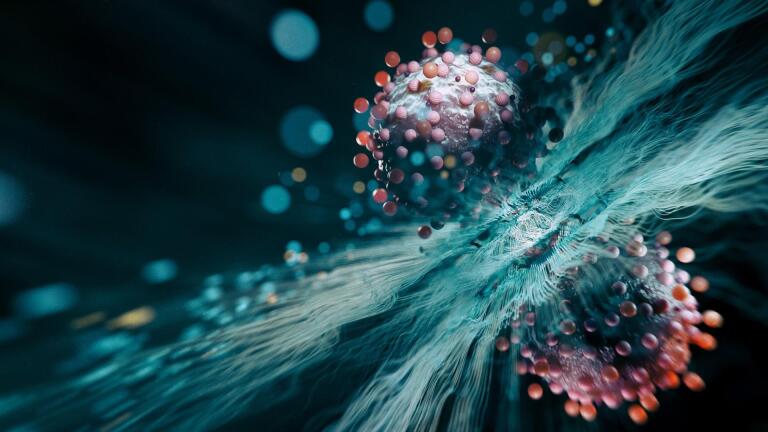Back to Show
PBS Space Time
What If The Universe Did Not Start With The Big Bang?
Season 10
Episode 22
Space is expanding evenly everywhere, but if you rewind that expansion you find that all of space was once compacted in an infinitesimal point of infinite density—the singularity at the beginning of time. The expansion of the universe from this point is called the Big Bang. We like to tell this story because it's the correct conclusion from the description of an expanding universe that followed
Support Provided By

19:02
The universe expands faster. “Dark energy” may not be constant after all.

16:26
There’s a new generation of experiments that may unlock the gravity particle.

18:33
The universe thrums with quantum fields, except something may be missing: the sterile neutrino.

18:42
Gravitons, the particle of quantum gravity, may be impossible to detect.

25:02
2025 was the international year of quantum science, but today we examine its origins.

21:17
We’ve found lots of “habitable” worlds but we don’t know what factors are needed for life.

21:31
What is the graviton, and does it even exist?

19:52
Antimatter drives sound like science fiction, but they may not be as far as you think.

23:22
Does quantum mechanics allow the future to retroactively influence the past or not?

19:14
Life on mars could result in humanity’s destruction via Fermi Paradox.

19:01
How to build a particle collider the size of the solar system.

12:39
One of the most important reasons we go to space is to know our own planet better.











